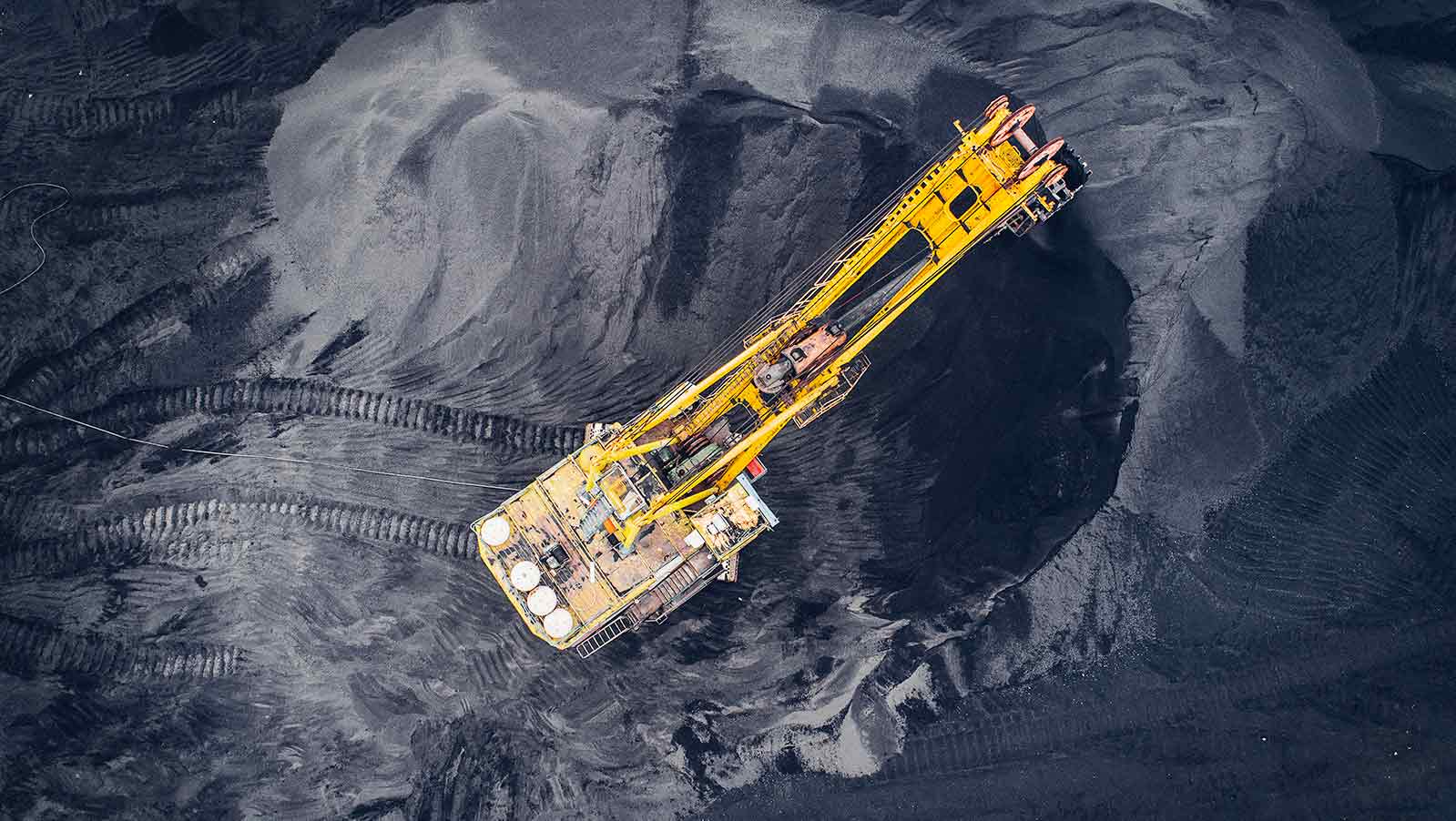Coal producer South32 has abandoned a controversial plan to expand a giant coal mine in Australia’s Illawarra region important to local steelmaking, saying the $700 million capital cost don’t add up.
The decision by Australia’s fifth-largest mining company to shelve an extension to its Dendrobium mine 75kms south of Sydney was hailed by environmentalists as major victory.
It could see the mine shuttered before the end of the decade – although South32 says it is confident it can squeeze more coal out of the existing mine and the nearby Appin colliery for years to come.
“With this decision, we will now focus on continuing to optimise Dendrobium and the broader Illawarra Metallurgical Coal complex to extend the mine life within approved domains,” South32 said
Still, while no formal closure date has been announced, the decision to scratch the extension limits the mine’s potential lifespan to well under its original timeframe.
The extension would have pushed out metallurgical coal production from a notional end date of 2024 to at least 2041.
The extension enjoyed the support of New South Wales deputy premier Paul Toole, whose decision to grant “state significant infrastructure” status to the project because of it meant South32’s most recent application could bypass the scrutiny of the Independent Planning Commission.
Such a high-level endorsement suggested the field was clear for the expansion, given the IPC was the government arm that had ruled out any expansion in February 2021, warning that the proposed mine risked long-term and irreversible damage to the greater Sydney and the Illawarra drinking water catchment.
The IPC also found that the project’s subsidence effects were likely to be significant, resulting in the degradation of 25 watercourses and swamps in Sydney’s drinking water catchment, detrimental impacts to biodiversity and threatened ecological communities such as upland swamps, and negative impacts on Aboriginal cultural artefacts and values.
“The IPC report should have spelled the end for longwall mining anywhere near our water catchments,” said Greens MP and water spokesperson Cate Faehrmann.
“It’s a huge relief that South32 has done what the NSW Government couldn’t and ruled out this project, because even they can see that coal has no future,” Faehrmann said.
South32 Chief Executive Graham Kerr said the move to shelve the extension followed an extensive analysis of the alternatives for improving the economics around Dendrobium together with the anticipated returns from the up-front capital investment.
“Over the past 18 months we have made significant progress actively reshaping our portfolio and this decision increases our capacity to direct capital towards other opportunities.,” Kerr said.
Such opportunities include development options in North America that have the potential to “produce metals critical to a low carbon future, servicing strategically important supply chains,” he said.
At the Appin mine, South32 has been investing in a transition to a single longwall, due for completion in the 2025 financial year. Longwall mining allows coal to be extracted mechanically from a coalface typically around 250-350m in length.
South32 is also looking to install additional ventilation capacity to enable mining there until at least 2039.
Lock the Gate NSW spokesperson Nic Clyde urged South32 not to “cut and run”.
“We’re calling for the NSW Government to guarantee that it will not allow this expansion plan to be handed on to another mining company, and will instead legislate to finally protect Sydney’s drinking water catchment from any new or expanded coal mining,” he said.
BlueScope publicly backed the expansion of Dendrobium in late 2020, stressing the project was “critical” to the survival of its Australian operations.
It said at the time that the future success of BlueScope’s Port Kembla steelworks relied on access to competitive, local metallurgical coal supply.
But last week, Bluescope said it was seeking to optimise operations by exploring ways to reduce its energy use and greenhouse gas emissions. This includes further increasing the use of scrap and more efficient use of indigenous gases.










